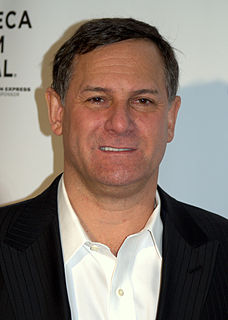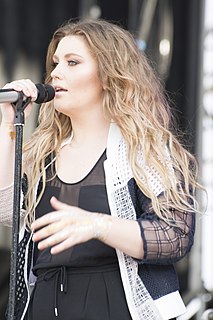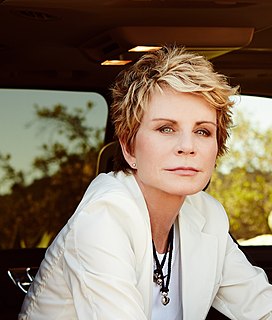A Quote by Michael Crichton
If true computer music were ever written, it would only be listened to by other computers.
Related Quotes
The irony is that I use computers every day of my life to do music because I edit all of my music in a computer. But when it comes to doing live processing, I prefer, as a performer with an instrument, not just having the computer as the only thing I have. I really prefer and find it much more flexible to have the limitations of pedals.
Every disruptive innovation is powered by a simplifying technology, and then the technology has to get embedded in a different kind of a business model. The first two decades of digital computing were characterized by the huge mainframe computers that filled a whole room, and they had to be operated by PhD Computer Scientists. It took the engineers at IBM about four years to design these mainframe computers because there were no rules. It was an intuitive art and just by trial and error and experimentation they would evolve to a computer that worked.
At the age of 5, when I was in kindergarten, I often used to pass by the computer labs and see students doing work on computers. I realized that calculation, which would take us a long time to do, can be done in less than a second with the help of computers. So that is how my interest in computers began.
With both people and computers on the job, computer error can be more quickly tracked down and corrected by people and, conversely, human error can be more quickly corrected by computers. What it amounts to is that nothing serious can happen unless human error and computer error take place simultaneously. And that hardly ever happens.
Our songs were not written to be listened to in headphones or on the radio. They were written to be played. All of the little infinite detail that went into the arrangements and giving ourselves lots of breathing room in terms of playing what we wanted to play and using up any ideas that we had - all of those were conceived to be performed.



































